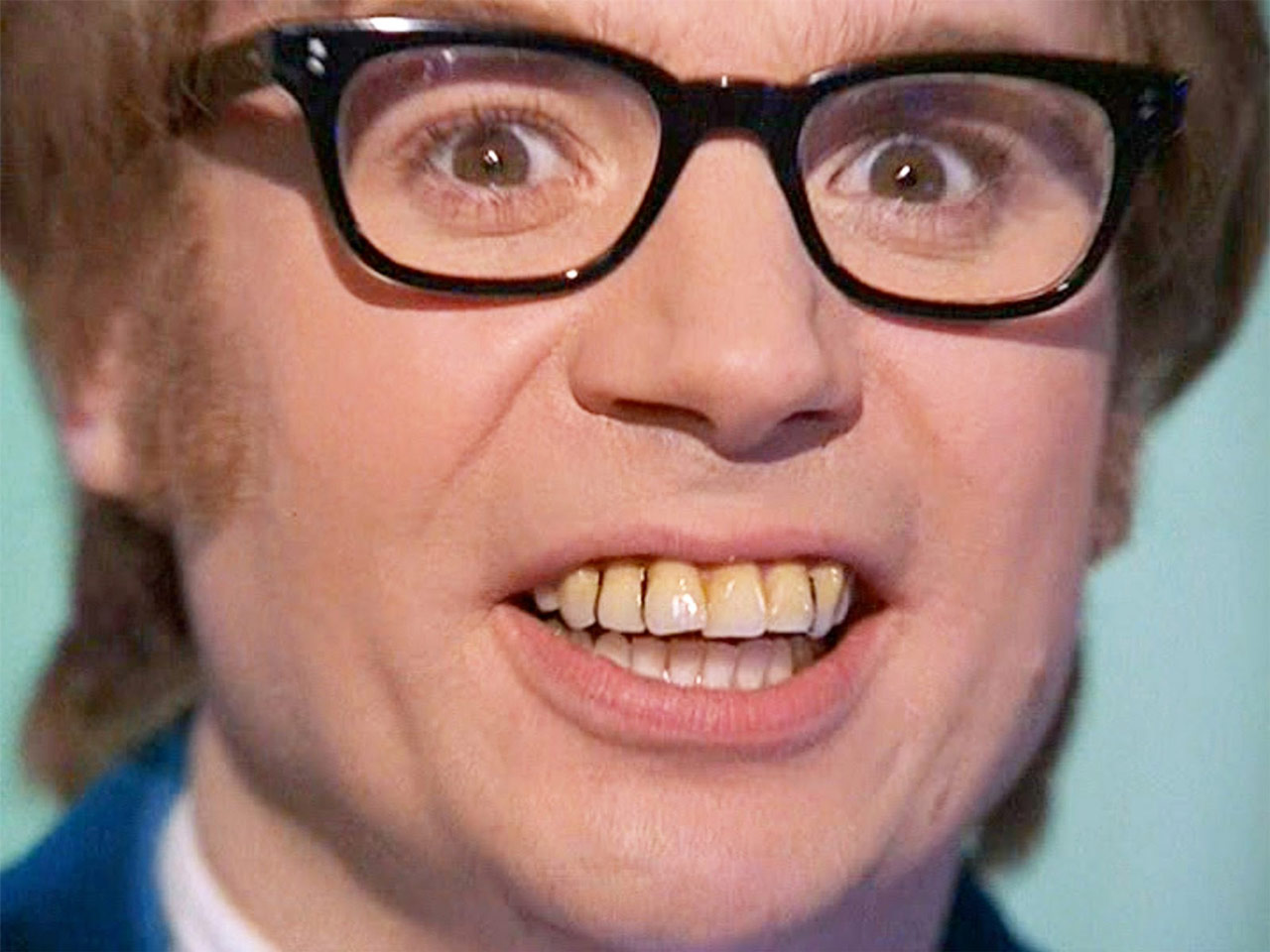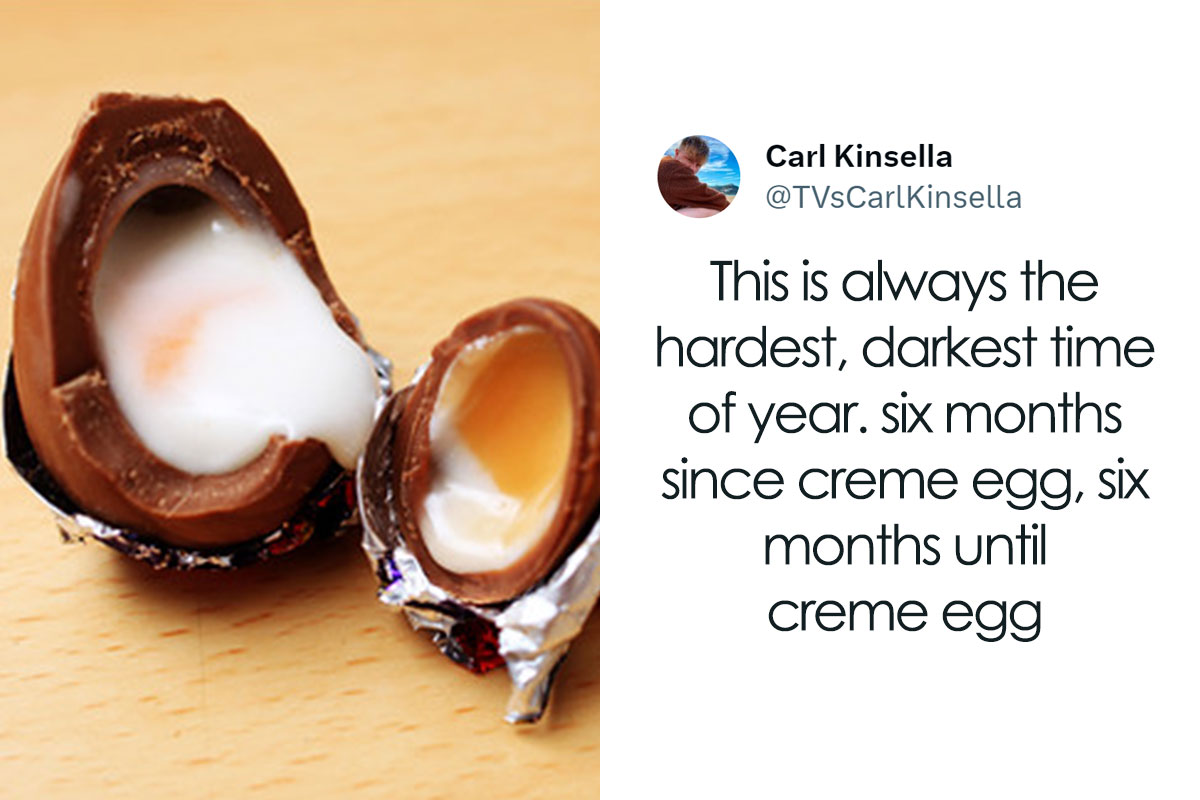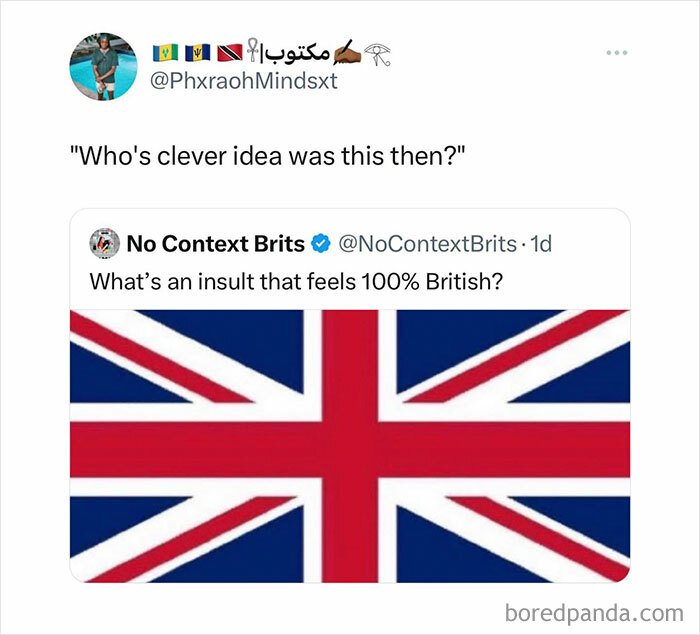Is there a kernel of truth behind the enduring meme that mocks British teeth? The perception of British teeth as somehow inferior to those of Americans has become a persistent and often humorous stereotype, fueled by cultural differences and historical factors, but is it a reality, or just a well-worn punchline?
The fascination with Britain, particularly within the meme-sphere, is undeniable. Its a place that generates a unique cocktail of fascination and amusement for those observing from afar. The stereotypes are well-known: the food, often viewed with a mixture of curiosity and skepticism; the alleged "weird teeth," which have become a focal point of online jokes; and the lingering, though perhaps overstated, sense of superiority, a vestige of a colonial past. However, let's not forget the language itself, a beautiful tapestry woven from regional accents and dialects so diverse and often impenetrable that they add another layer of mystique to the British Isles. This linguistic variety is, in itself, a source of endless entertainment and cultural exchange.
| Aspect | Details | Source |
|---|---|---|
| Origin of the Meme | The perception of "bad" British teeth gained traction during WWII when American soldiers were stationed in the UK and observed dental standards. | Example.com (replace with a relevant and authoritative source) |
| Historical Context | British dental care was less advanced, with a significant portion of army recruits failing dental standards before the widespread use of fluoride in the 1950s. American dental care wasn't much better. | NHS (National Health Service) (for dental care information) |
| Cultural Differences | British people historically have not prioritized excessively white teeth the way Americans do. Oral hygiene is maintained, but the focus is on health rather than cosmetic appearance. | American Dental Association (for comparing dental priorities) |
| Modern Reality | The majority of British people have generally healthy teeth. Studies show that the figure of people with no natural teeth is significantly lower than in the past and other parts of Europe. | Dental Health Organization |
| The "Turkey Teeth" Phenomenon | In recent years, videos and social media posts documenting cosmetic dentistry procedures performed in Turkey have become popular and caused controversy, with some procedures being criticized for being unnecessary or poorly done. | BBC News (for Turkey Teeth documentary) |
The narrative that paints British teeth in a negative light isn't new. It's a meme that has been circulating for years, evolving across various platforms, from the early days of the internet to the dominance of TikTok. The simplicity of the gag often involves an American pointing out the perceived differences in speech patterns and dental aesthetics, immediately followed by a retort that highlights the stark contrast between the two cultures. "Well, at least our schools aren't a shooting range" is one of the most prevalent rebuttals in the internet sphere, showcasing how the meme serves as a way to create a space for quick and easy exchanges between different cultures. The internet has become a playground where the exchange of ideas about culture occurs in real time.
The stereotype has found a particularly fertile ground on platforms like TikTok, where creators are known for using humor in short-form videos. These skits, often featuring exaggerated accents, close-ups of teeth, and satirical takes on cultural differences, contribute to the meme's continued popularity. As memes evolve, they gain new relevance, often in response to current events or shifts in societal views. The "British teeth" meme isn't merely a historical artifact; it continues to adapt and morph as internet culture transforms.
The roots of this particular meme can be traced back to the Second World War. American soldiers stationed in Britain observed that British dental care wasn't as advanced as what they were used to back home. The lack of access to fluoride, a more widespread use of fillings instead of root canals, and other factors contributed to a different aesthetic standard. It is important to remember, though, that American dental practices weren't without their faults. Dental care in general was still a work in progress. The lack of standards created a distinct contrast, giving rise to the enduring meme.
The fictional world, too, has played a role in propagating the stereotype. Remember the Simpsons episode Last Exit to Springfield? The episode satirized the British dental stereotype. The episode featured a dentist who whips out "the big book of British smiles." This kind of pop culture reference cements the stereotype in the public consciousness.
- Vegamovies 4k Guide Watch Download Movies Your Ultimate Guide
- Cubbi Thompson Age Height More What You Need To Know
In 1978, figures showed that 37% of people in Wales had no natural teeth. While that number is drastically lower today with the British Dental Association reporting that only 6% of UK adults have no natural teeth the shadow of history remains. The perception lingers, fostered by cultural comparisons and the different priorities placed on dental aesthetics. The meme is not an accurate reflection of the current reality. It's an exaggeration that plays on the cultural differences, and in some cases, ignorance, between nations.
It's also worth noting that the British, as a culture, have historically had a different approach to dentistry. While oral hygiene is a priority, the focus has been on health rather than cosmetic perfection. The ultra-white, almost cartoonish smiles often seen in American media are not always the goal for Britons. Healthy teeth, not necessarily perfectly white ones, are considered the ultimate goal. This fundamental difference in perception fuels the meme, creating a cycle where the comparison between the two is always there.
It is essential to consider the potential harm of stereotypes, even in lighthearted contexts. While the "British teeth" meme is usually intended as a joke, it can lead to unfair generalizations and the perpetuation of inaccurate information. It's crucial to approach such memes with critical thought. Recognize that these online jokes frequently oversimplify complex topics and that real life often features a greater degree of nuance.
The power of memes to shape perceptions should never be underestimated, particularly when they touch on sensitive subjects like national identity and health. Understanding the historical context, cultural factors, and the evolution of the meme itself allows us to appreciate the joke while also acknowledging its potential for perpetuating misinformation. Many people use meme generators and video makers to create and share their own versions of the "British teeth" meme, further spreading the stereotype, and adding new elements to it. As long as the internet exists, these memes will continue to evolve.
In 2022, the phenomenon of "Turkey Teeth" procedures sparked a renewed wave of debate and concern, particularly amongst British internet users. Videos showcasing cosmetic dental work performed in Turkey went viral, highlighting both the appeal of bargain prices and the potential risks involved. The BBC even released a documentary called "Turkey Teeth: Bargain Smiles or Big Mistake?" in July 2022, which further fuelled the discussion. These procedures are more accessible and affordable, attracting people from many nations, but they have also increased the potential for botched procedures.
The ongoing dialogue around the "British teeth" meme is a reflection of the evolving nature of online humor and cultural exchange. This meme is a reminder of the global impact of internet culture and the persistent power of stereotypes, even if the reality is far more complicated. Great British Memes and Very Brexit Problems are just two examples. They represent how digital spaces are frequently used to share and dissect cultural perceptions, often using satire and parody to engage with complex issues. The British meme scene continues to be a dynamic space, influenced by global trends, but also fueled by an enduring national identity. It will continue to evolve, as long as there are people to create it.
Ultimately, the "British teeth" meme is a multifaceted phenomenon, born from history, shaped by cultural differences, and amplified by the internet. It is a testament to how humor can capture and transmit complex information. While the punchline may be familiar, the story behind the meme offers a fascinating glimpse into the ways cultures perceive and interact with each other in the digital age.
- Techidemics Fintech Your Guide To The Future Of Finance
- Telugu Movies Streaming Guide 2025 Beyond Latest News Where To Watch


